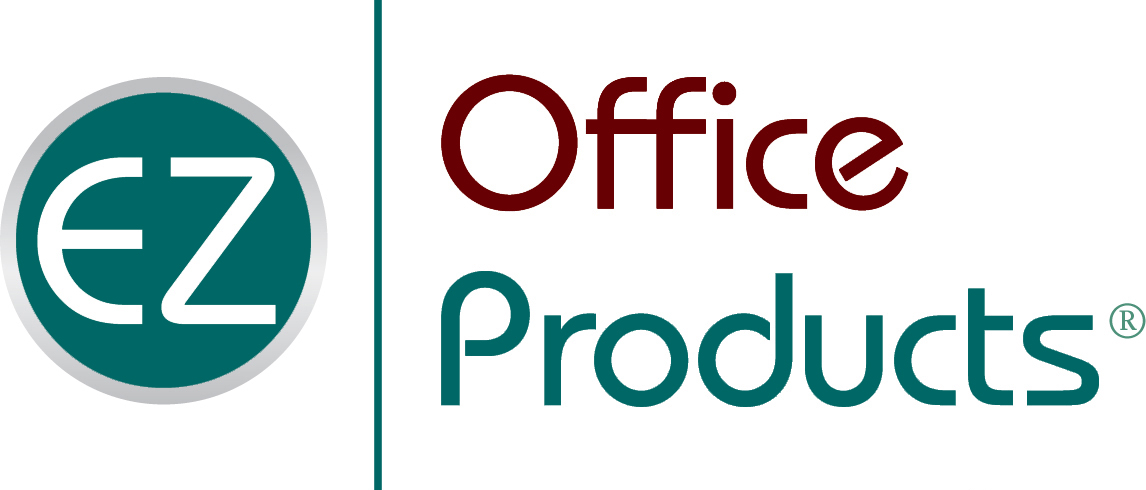Keep your employees, assets, and reputation safe with these tips.

With online scams on the rise, it’s never been more critical for businesses of all sizes to take data security seriously. A record 82% of organizations reported experiencing some form of fraud in 2018, and phishing attempts increased by 65% the following year.
There are proactive steps you and your organization can take to safeguard against cybercrime, scams, and fraud. Keep reading to learn more about how to protect your business from scams and to evaluate the security measures you might always have in place.
Cybercime
Last year saw record numbers of cyberattacks and data breaches across all industries. Whether you have an in-house IT department or contract with a third-party vendor, there’s no time like the present to shore up your IT infrastructure. The investment is worth it: 43% of cyberattacks are aimed at small businesses and can cost businesses of all sizes an average of $200,000 per incident.
The most common types of cyberattacks are also some of the most preventable through employee education, vigilance, and implementation of best practices.
A virus (or malware) is harmful programming that spreads from computer to computer, giving cybercriminals access to your private proprietary data.
Ransomware is a type of malware that shuts down computer access until a ransom is paid.
Phishing is when criminals contact you or your employees through email, phone call, or text, pretending to be a legitimate company, customer, or even an internal employee or department. The goal is to trick the recipient into sharing personal information, such as passwords, account numbers, or Social Security numbers. The message might also entice the user to open an attachment or click a link that turns out to contain malicious code.
The best way to fight back against phishing is first learning how to recognize it, and then taking these steps, as outlined by the Federal Trade Commission:
- Protect your computer by using security software.
- Protect your mobile phone by setting software to update automatically.
- Protect your accounts by using multi-factor authentication.
- Protect your data by backing it up.
New to cybersecurity? The U.S. Small Business Administration has put together this helpful guide to staying safe from cybersecurity threats, including information on assessing your business risk, training and events, and cybersecurity best practices.
Scams
Scammers are always finding new and creative ways to trick people and companies out of their money. Local businesses and start-ups are often vulnerable because they lack established accounting processes and cybersecurity support.
The Better Business Bureau has compiled a list of common small business scams to watch for, including directory scams, overpayment scams, vanity award scams, and even stolen brand identity scams. They also assembled the following tips to help small businesses protect themselves from scams:
- Keep good records
- Be extra careful with payment procedures
- Avoid some payment methods when possible
- Double-check vendors
- Be careful what information you share
- Protect your devices
- Spread the word
Financial fraud
We often like to think of employees and coworkers as friends or even family. But internal fraud is a risk that business owners need to be aware of and prepared to address.
Some of the most common fraud scenarios include:
- Payroll fraud — when employees manipulate the system to receive payment they haven’t earned, especially overtime. This occurs twice as often in small businesses compared with larger ones.
- Cash theft — whether through skimming (not reporting incoming cash), larceny (taking money that has been reported), or fraudulent disbursement (releasing unauthorized funds), cash theft negatively impacts the bottom line.
- False invoicing — when employees generate false suppliers and invoices or charge higher fees and pocket the difference.
So what can you do to protect against fraud? Start by educating your staff and hold regular training sessions on common fraud and security threats. Establish an anonymous tip line (phone or email) for reporting suspicious behavior. Finally, create and maintain internal controls such as regular bank statement and account reviews, separating responsibilities and duties, and automated bill payments.
Bottom line: always be on the lookout to protect your business against scams!
EZ Office Products has been locally owned and a trusted name in sustainable office supplies since 2006. Shop our online catalog or connect with our local customer concierge team to create a business account today at (608) 310-4300.
